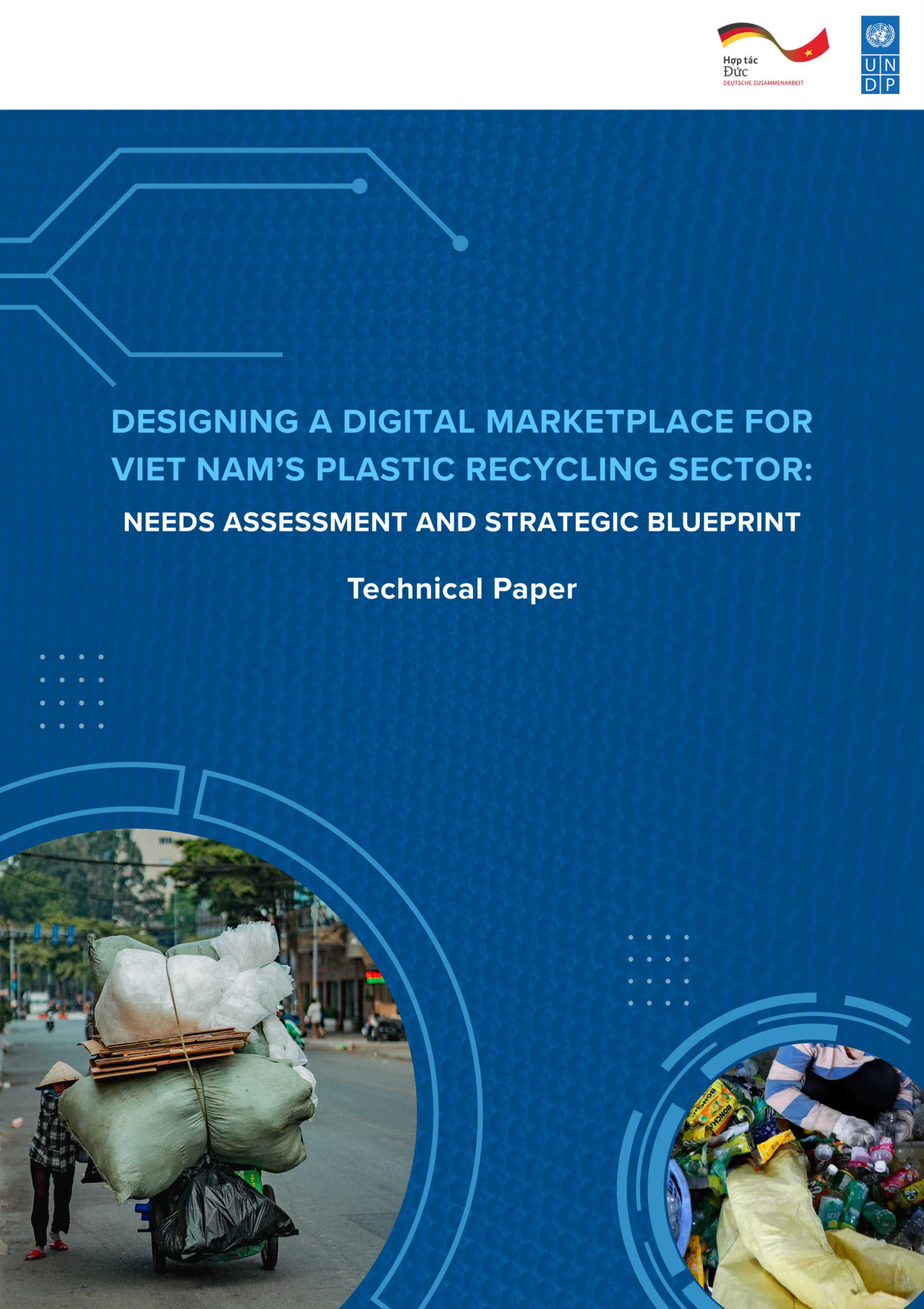Finance for circular economy in lowand middle-income countries
The objective of this study is to provide some prospective guidance on how the (German) development cooperation could contribute to closing the still-prevailing financing gap for Circular Economy (CE) in low- and middle-income countries (LMICs). This study assesses distinct barriers that hinder as well as drivers that stimulate the circular economy in LMICs. The study sets focus on five selected countries: Albania, Colombia, the Dominican Republic, Rwanda, and Vietnam.
The study is structured as follows:
▪ Section 1 shows country-and-sector-agnostic barriers (1.1.) and CE interventions (1.2.) on a global scale,
▪ Section 2 zooms in on sector barriers and circular interventions on the value hill (e.g., up-hill, top-hill, downhill) without considering country characteristics. This country-agnostic perspective can be partly mapped to country examples, and
▪ Section 3 provides a deep dive into the assessed LMICs. Entry points for circular interventions are majorly determined by national priorities, existing structures, and the legal base. Recommendations are partly indicative (e.g., highlighting circumstances and potential entry points) and partly more in-depth (e.g., concrete intervention, including counterparts for potential collaborations).
Additionally, to the main sections of the report, a list of Annexes provides subsidiary information as follows:
▪ Annex I reports briefly on recent initiatives and takes stock of essential documents,
▪ Annex II describes the methodological approach of the country selection from 16 long-listed to 5 shortlisted countries,
▪ Annex III serves as a guiding document for circular economy finance instruments. First, all major instruments are described in their mode of operation with a focus on leveraging circular approaches, including existing funding activities by (international) financing institutions. Second, the financial instruments are mapped on the value hill to showcase relevance in a circular language, and
▪ Annex IV provides detailed sector descriptions, general barriers, and windows of engagement on a country-agnostic but sector-specific breakdown, incl. Construction and demolition waste, Electronics, Plastics, Textiles, Packaging, Food, and Waste management.












